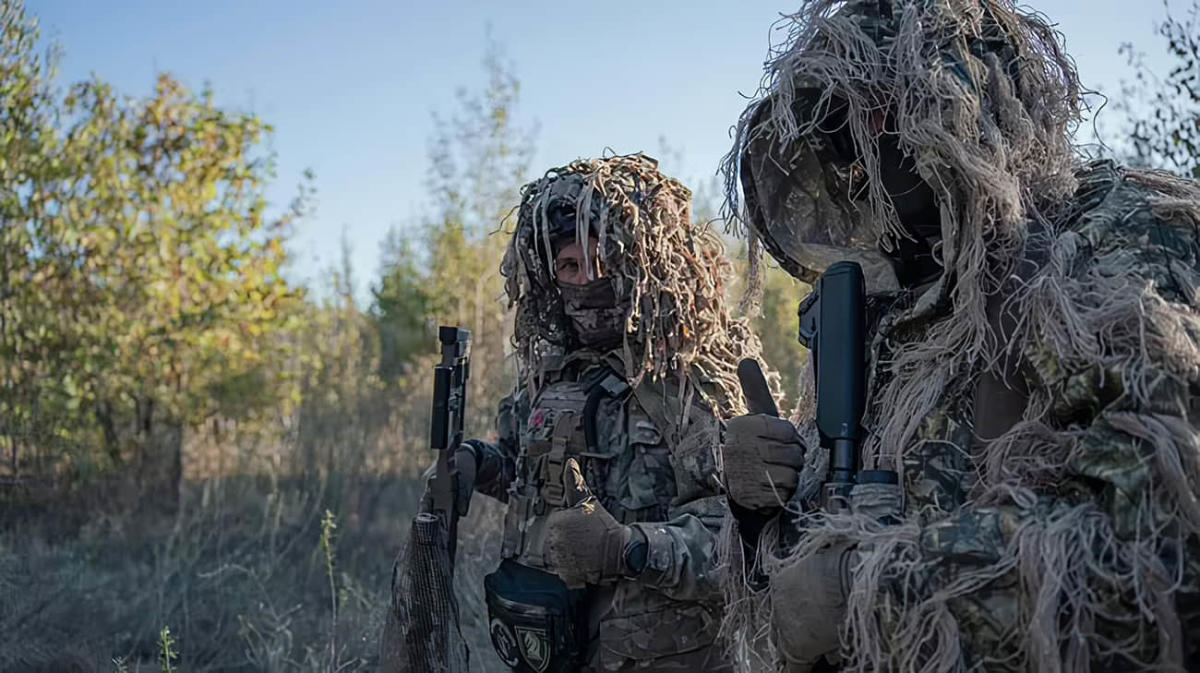After a bill aimed at strengthening safety standards for a common type of fuel gas piping failed in the Maryland General Assembly this year, Frederick County Executive Jessica Fitzwater has committed to making the issue part of her legislative package for 2025.
Corrugated stainless steel tubing (CSST) is a thin, flexible piping material commonly used to carry fuel gases such as liquid petroleum and propane through residences and commercial buildings.
While CSST is preferred by many builders in Maryland and across the country because it is cheaper and easier to install than other fuel gas piping materials, it is also liable to fail in lightning storms, sometimes leading to gas leaks or fires.
In 2022, the state of Maryland adopted a law that requires builders to use arc-resistant CSST when constructing new gas piping systems, replacing existing gas lines or renovating more than half of a certain property.
Arcing occurs when electricity flows between the steel tubing and nearby metal objects in a residence or business, creating sparks that can puncture the tubing and cause fuel gas to escape.
Arc-resistant CSST, which has a conductive coating designed to absorb electricity, is less prone to failure as a result of lightning strikes than non-arc-resistant CSST.
The 2022 law was named the Flynn and Laird Act after Howard County Lt. Nathan Flynn and Frederick County Battalion Chief Joshua Laird, both firefighters who died while responding to house fires that were later linked to CSST failures.
For the 2024 legislative session, the Fitzwater administration collaborated with the sponsors of the 2022 law and Sara Laird, the widow of Joshua Laird, to advance even stricter safety standards for the material.
Two cross-filed bills, HB503 and SB586, would have narrowed the kinds of CSST that can be used in new construction or substantial renovation to only arc-resistant products that are tested for their ability to withstand the average lightning strike in accordance with International Code Council standards.
Though both bills received support in their respective committees, neither one made it to the floor for a vote before the crossover date.
Victoria Venable, the director of government relations and strategic partnerships for the Fitzwater administration, said the bill stalled due to a combination of factors including confusion surrounding its technical language, time constraints and worries from builders, manufacturers and agencies concerned with CSST.
“Our goal is to have met with those folks, have conversations about what the best language is to move forward and come in for the legislative session of 2025 with a version of the bill that addresses as many of those good-faith questions as possible,” Venable said in a phone interview on Friday.
Sara Laird said that she, too, would be amenable to updating the bill that was put forward this year as long as the same outcome can be achieved.
“We’re trying to bring as many smart people to the table, as many people from industry, as possible,” Sara Laird said. “And we’re open to working with those individuals and those groups to have a bill that they will support.”
Ongoing advocacy
Sara Laird said she was assured at the beginning of her work in the Maryland General Assembly that it often takes multiple attempts to get a piece of legislation passed and approved by the governor.
In the meantime, though, she has been working to raise awareness of CSST-related fires among first responders and homeowners through her nonprofit organization, Phoenix Advocates.
“It’s not something that can wait,” Sara Laird said. “People are losing their lives and their homes.”
Sara Laird started the group with Celeste Flynn, the widow of Nathan Flynn, and Clara Fenelon, whose fiancée, Kenneth Lacayo, was also a firefighter who died in the line of duty.
Since establishing the nonprofit in November 2023, the women have been invited to speak at several firefighter training events and conferences across the country about how to safely respond to fires caused by CSST failures. They also have spoken about how families can prepare for the possibility of losing a loved one in the line of duty.
Phoenix Advocates has also been working to collect data on CSST-related fires, which the founders hope can be used as a reference for fire departments and policymakers in the future.
“I’m just constantly inspired by the way that Sara has been able to harness the pain and tragedy that’s occurred in her life and really propelled it in such a forceful and impactful way,” Venable said.
Signup bonus from





